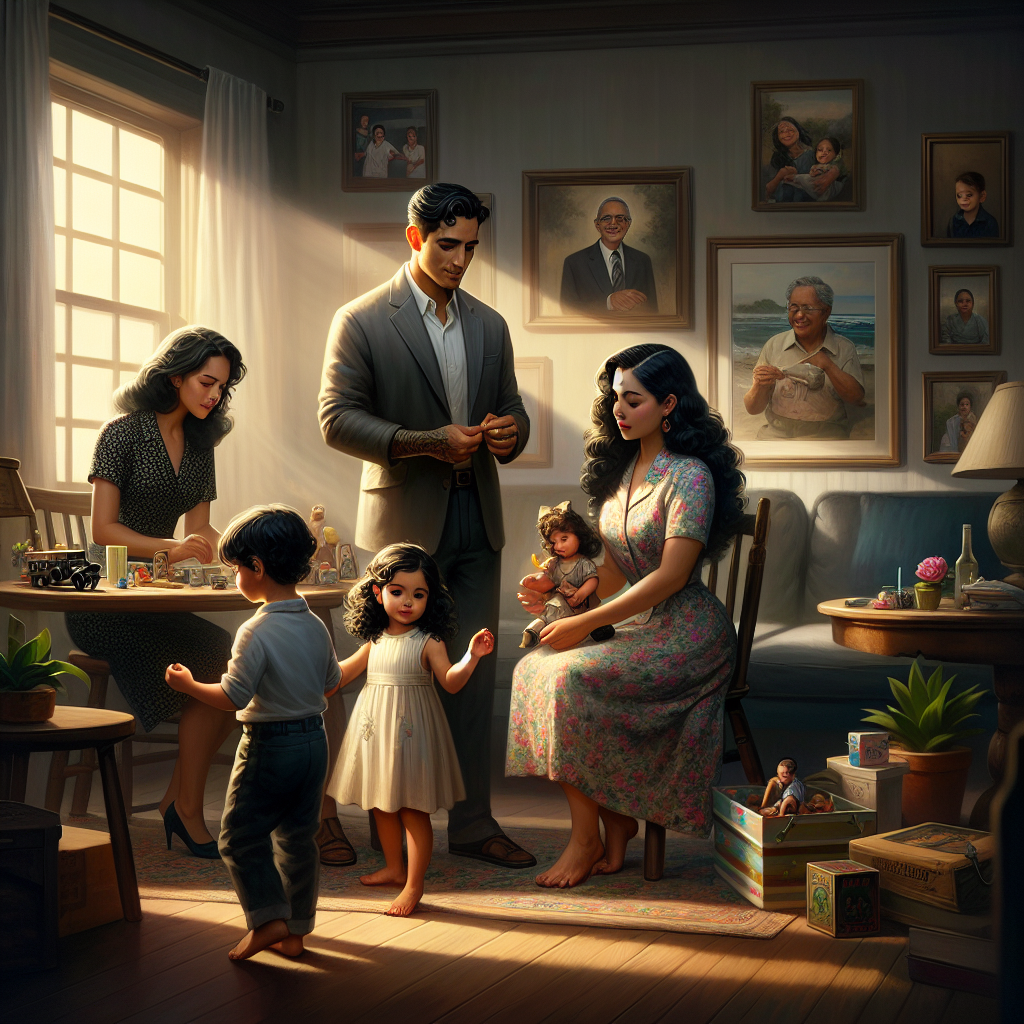
In this essay, I am writing about my theory of success and how I plan to achieve it. My definition of success encompasses four areas: 1) Personal learning and development, 2) Financial freedom and autonomy, 3) Optimal utilization of my unique combination of skills and talents, and 4) Family fulfillment and community service. I believe these four areas can be achieved through a growth mindset, investment, increasing one's adversity quotient, and improving human relationships.
I won't discuss a secret formula for success because I believe there isn't one. Different people have their own definitions of success, and it's not something you can simply search for and find. There are no foolproof techniques for achieving success; instead, it requires self-reflection. As Socrates said, "The unexamined life is not worth living."
Firstly, success involves personal learning and development. I believe successful people are always learning. They stumble, pick themselves up, and try again. They fail quickly, adapt, and improve. This iterative process eventually leads to success. Even if I fail, I am still better off than those who take no action and remain stagnant within their comfort zones.
A growth mindset is essential for accepting failures, recognizing faults and weaknesses, and then taking action to improve. As I make internal improvements, the external environment also changes, aiding my personal growth and boosting my confidence. If someone never acknowledges their problems or mistakes, they will never improve and will continue to fail. Even if they achieve something by chance, the level of their success will be limited. Remember, life is a continuous journey of learning and improvement. Success can be limitless, and to this day, I continue to push myself to make progress.
Secondly, success means financial independence and autonomy. While money is not synonymous with happiness, a lack of money can certainly lead to unhappiness. Basing success solely on wealth and achievements is a trap because human nature prevents us from ever being completely satisfied. Instead, sustainable achievements like financial security and freedom should be the goal. This entails delaying instant gratification and investing in the future.
Furthermore, success shouldn't be defined as momentary happiness. Happiness fluctuates, and our genetics set a baseline level of contentment that doesn't define success. Instead, greater happiness comes from achieving goals that require sacrifice, risk, uncertainty, and effort.
Thirdly, success means fully utilizing my unique combination of skills and talents. Anything less feels like a waste of life and resources. The willingness to be dissatisfied can fuel motivation and inspire action. It takes effort and a high adversity quotient to overcome challenges and work toward professional goals. Ideally, I can find a sweet spot that aligns my work with emotional fulfillment and financial compensation, while also utilizing my unique talents.
Lastly, success means family fulfillment and community service. Defining success on my own terms helps me remember what's important. Success is not a ladder to climb or a race to win; it's a measure of the positive influence I can have on others. Achieving this requires honing my social skills to lead and influence people.
Bad interpersonal skills can result in isolation and hinder peak performance. Thus, I continually assess and improve my relationships with others. Social interaction carries risks, but with effort, everyone can find a role that allows them to contribute to the community.
Although I am introverted and shy, I push myself to interact with strangers. Despite any fears, I recognize the importance of practice in developing social skills. Happiness, I've found, is more about shared experiences with loved ones than material possessions.
In conclusion, my perspective on success evolves as I age. A fulfilling life comes from focusing on the learning process, investing in the future, developing my potential, caring for my family and community, and striving for success rather than fearing failure.



